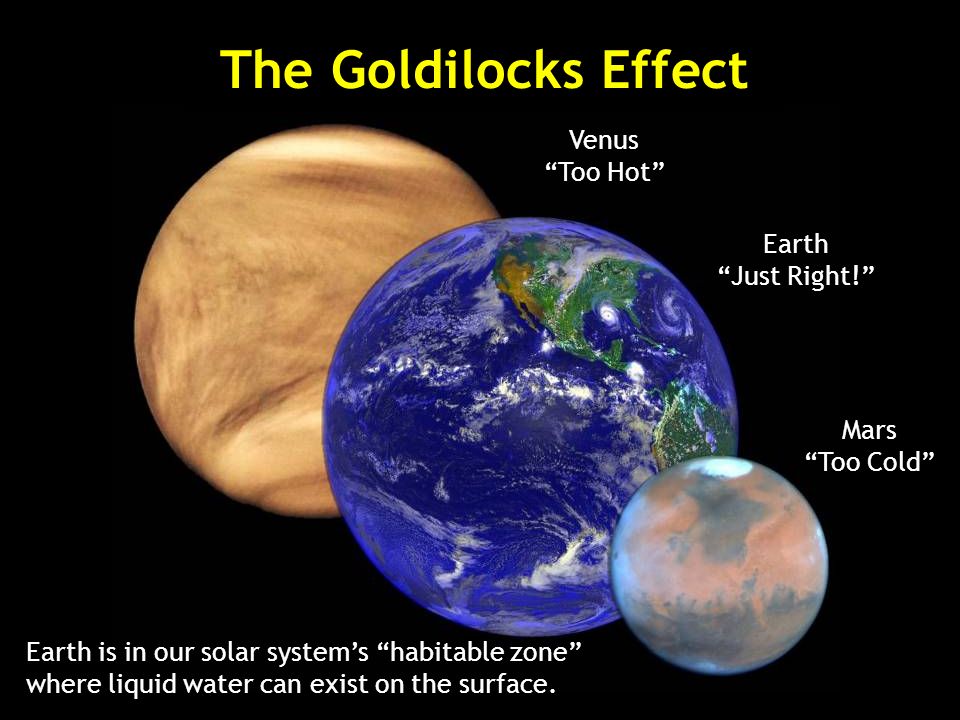Kilk1
Member
Of course I understand the case for the resurrection, I just laid it out to which you completely ignored?
All we have are gospel stories which are not eyewitness and not historically reliable.
"Wiki - Historical reliability of the Gospels"
"The historical reliability of the gospels refers to the reliability and historic character of the four New Testament gospels as historical documents. Little in the four canonical gospels is considered to be historically reliable"
"Strictly speaking, each Gospel is anonymous."
You're not supposed to lay out your own version of the case for Jesus' resurrection (known as a straw man) and then answer it. Instead, your original reply should have dealt with my case. Since I never said anything like, "The Gospels say it, therefore it's true," the quotation from the Wikipedia (please don't call it "Wiki," lol), is insufficient. My case actually doesn't use the Gospels alone but sources which almost everyone, regardless of biases, consider sufficient. The good news is that you do attempt to answer my case below, so let's get to it!
Tacitus - was writing about a fire in Rome and mentioned that there were people called Christians who followed Christus (he misspelled it) and he was killed. Tacitus was explaining what the Christian beliefs were.
This is not proof of the gospels being real in any way.
Here's what Tacitus says Annals 15:44:
…Nero fastened the guilt and inflicted the most exquisite tortures on a class hated for their abominations, called Christians by the populace. Christus, from whom the name had its origin, suffered the extreme penalty during the reign of Tiberius at the hands of one of our procurators, Pontius Pilatus …
"The extreme penalty" is a euphemism for crucifixion. And what makes you think that Christus is a "mispelling" of Christ? Remember that Tacitus didn't actually write in English, so the English version apparently decided to transliterate the term instead of translate it.
Doesn't the text show Jesus was crucified at the hands of Pontius Pilate?
Flavius Josephus - again he just mentions that there are Christians and the church later added text.
"The general scholarly view is that while the Testimonium Flavianum is most likely not authentic in its entirety, it is broadly agreed upon that it originally consisted of an authentic nucleus, which was then subject to Christian interpolation and/or alteration."
You failed to cite the quotation. Below is a similar quotation from Wikipedia article "Josephus on Jesus." It's found at the last paragraph of subsection 1.3, "Testimonium Flavianum":
Of the three passages found in Josephus' Antiquities, this passage, if authentic, would offer the most direct support for the crucifixion of Jesus. The general scholarly view is that while the Testimonium Flavianum is most likely not authentic in its entirety, it originally consisted of an authentic nucleus with a reference to the execution of Jesus by Pilate which was then subject to interpolation.
Notice that even though scholars say the passage "was ... subject to interpolation," they also agree that even the authentic nucleus still referenced "the execution of Jesus by Pilate." Are you denying this?
If you want to name a scholar then I'll name Richard carrier who favors mythicism 3 to 1 and is the only PhD doing an actual historicity study on Jesus.
That's the problem right there. To support your position, you have to cite people on the fringe (Christ myth theorists) who agree with you to confirm your own bias. Instead, can't we work in the sphere of what virtually all scholars grant on the historical Jesus? Here's what Bart Ehrman, North America's leading resurrection skeptic (i.e., he's not on "my side"), has to say about scholarly support for the Christ myth theory:
Few of these mythicists are actually scholars trained in ancient history, religion, biblical studies or any cognate field, let alone in the ancient languages generally thought to matter for those who want to say something with any degree of authority about a Jewish teacher who (allegedly) lived in first-century Palestine. There are a couple of exceptions: of the hundreds — thousands? — of mythicists, two (to my knowledge) actually have Ph.D. credentials in relevant fields of study. But even taking these into account, there is not a single mythicist who teaches New Testament or Early Christianity or even Classics at any accredited institution of higher learning in the Western world. And it is no wonder why. These views are so extreme and so unconvincing to 99.99 percent of the real experts ...
In the article's first paragraph, Ehrman compares the Christ myth theory to Holocaust deniers and those who think Barack Obama is a Kenyan-born Muslim. I believe the two sole scholars he referenced, who disagree with "99.99 percent of the real experts," are Richard Carrier and Robert Price. (At least, I don't know anyone else who fits the description.) They technically have Ph.D.'s, but they're really more on par with pseudo-historians as far as their views are concerned.
As for Carrier's Bayesian approach mathematically calculating the probability of Jesus's existence to be extremely low, this is more evidence he's not a reliable historiographer. If the method is so clear, how come Carrier's case hasn't convinced a single scholar? Maybe I'm wrong, but I don't think even Robert Price advocates the Bayesian approch. Historiographers of Jesus don't rely on exact numbers from Bayesian probability because the numbers you decide to put into the variables are too subjective. Citing Richard Carrier as using this flawed approach doesn't prove anything more than referencing Oxford professor Richard Swinburne, who uses the same Bayesian approach, to show there's a 97% probability that Jesus not only existed but rose from the dead! See the variation in numbers here?
Then why did Paul go from persecutor to persecuted? He hated Christianity with his whole being. I have a feeling you never physically persecuted Christians, so I'd say he opposed Christianity much more than you do. And yet, he converted to Christianity after claiming to see Jesus. As people reported, "The man who formerly persecuted us is now preaching the faith he once tried to destroy."Paul claims knowledge through scripture and revelation. Who cares? Suddenly no one ever has crafted myths based on religious characters that were not actually real? How about every religious scripture ever.
This wasn't a later myth; Paul was a first-generation witness! He lists other witnesses to Jesus' resurrection in 1 Corinthians 15:3-8—a list referencing individual disciples, groups of disciples, and even unbelievers—and explains in verses 12-19 that if it wasn't true, Christianity would be false. Practically all scholars of every strain understand that the witnesses listed in verses 3-8 sincerely believed they saw Jesus risen.
As already discussed, Gerd Lüdemann rates this fact as “historically certain.” Bart Ehrman writes that “it is a historical fact that some of Jesus’ followers came to believe that he had been raised from the dead soon after his execution,” citing as example “the apostle Paul, [who] claims quite plainly to have seen Jesus alive after his death.”
Last edited:


